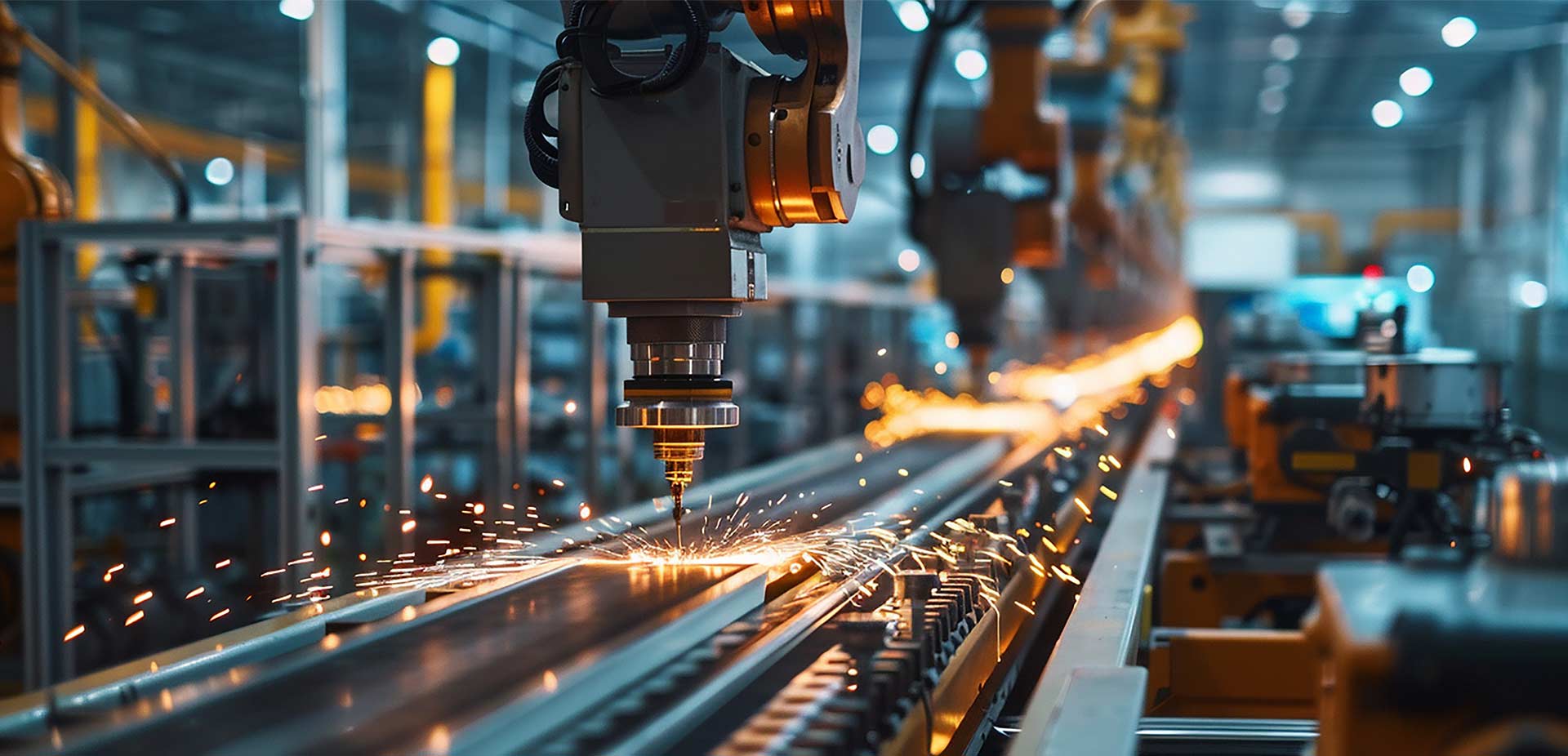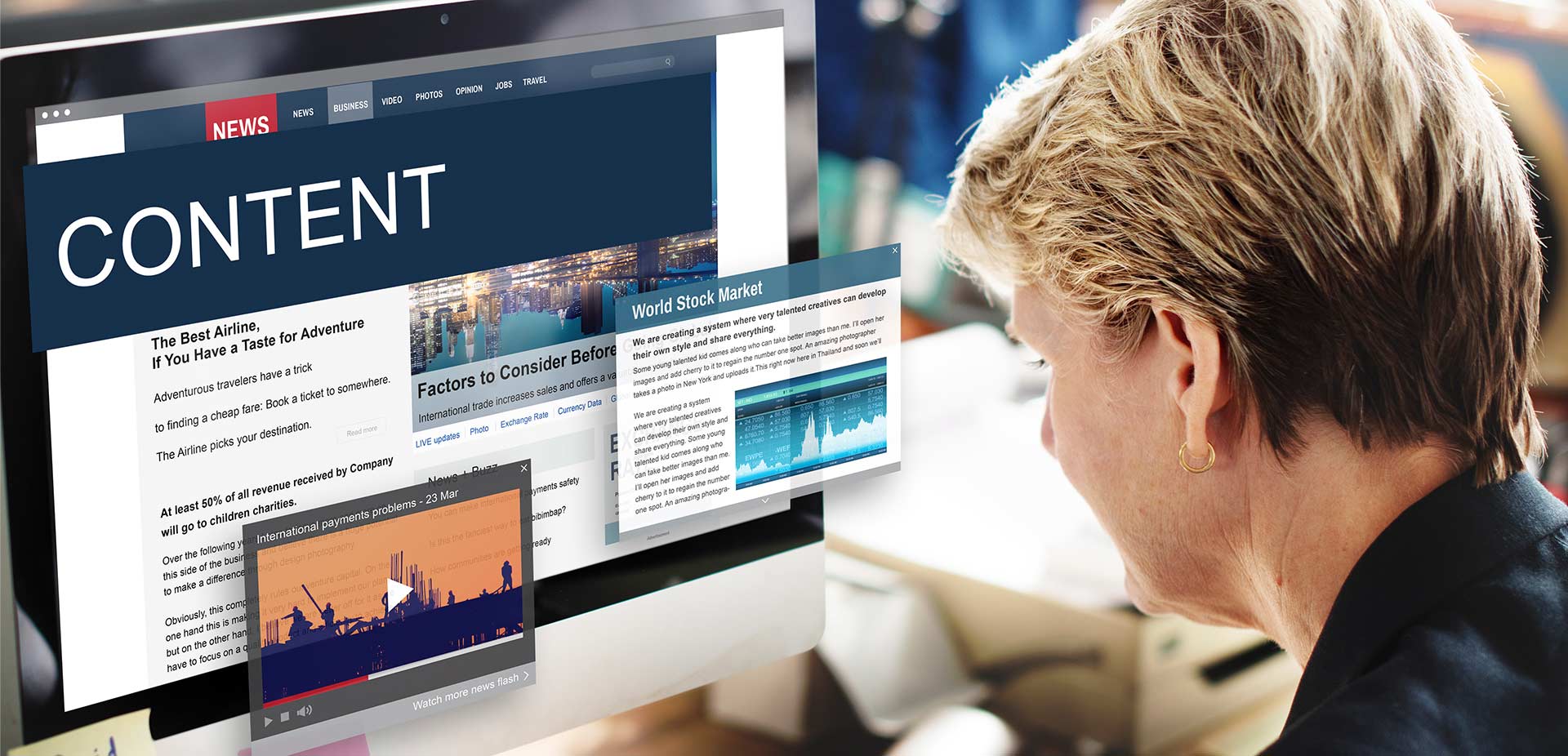Key Areas of AI Application in Manufacturing
AI is revolutionizing manufacturing across various domains, driving efficiency, precision, and innovation. Here are some key areas where AI and ML (machine learning) is making a significant impact
- Predictive Maintenance: AI and ML algorithms analyze equipment data to predict when machinery is likely to fail, enabling proactive maintenance and minimizing downtime. Predictive maintenance can reduce maintenance costs by up to 30% and increase equipment uptime by up to 45%.
- Quality Control Automation: AI-powered systems inspect products in real-time to identify defects and ensure adherence to quality standards, improving product quality and reducing waste. AI-driven quality control can increase defect detection rates by up to 90% compared to manual inspection methods.
- Supply Chain Optimization: AI optimizes supply chain operations by forecasting demand, optimizing inventory levels, and improving logistics efficiency. AI-driven supply chain optimization can reduce inventory holding costs by up to 20% and improve order fulfillment rates by up to 95%.
- Robotics and Cobots: AI-powered robots and collaborative robots (cobots) automate repetitive tasks, increase production efficiency, and enhance workplace safety. The global market for industrial robots is projected to reach $80 billion by 2027, driven by AI and automation.
- Energy Management: AI analyzes energy consumption patterns in manufacturing facilities to identify opportunities for optimization and cost reduction. AI-driven energy management systems can reduce energy costs by up to 30% through optimized usage and demand response.
- Customization and Personalization: AI enables mass customization by analyzing customer preferences and adjusting production processes to meet individual needs. 71% of consumers are willing to pay more for personalized products, driving the adoption of AI in customization.
- Process Optimization: ML algorithms analyze production data to identify inefficiencies, optimize workflows, and improve overall productivity. Process optimization using AI can increase productivity by up to 20% and reduce production costs by up to 30%.
- Workforce Training and Assistance: AI-powered training programs use simulations and augmented reality to train employees on complex tasks and provide real-time assistance on the shop floor. AI-driven training can reduce training time by up to 50% and improve employee performance and retention.
- Safety Monitoring and Compliance: AI monitors workplace safety, detects hazards, and ensures compliance with regulations to prevent accidents and minimize risks to workers. AI-driven safety systems can reduce workplace accidents by up to 50% and lower insurance costs for manufacturers.
- Product Development and Design: AI accelerates product development by simulating designs, predicting performance, and optimizing prototypes, leading to faster innovation cycles and reduced time-to-market. AI-enabled design processes can reduce time-to-market by up to 50% and increase innovation in product development.
Introduce AI Into Your Manufacturing with Digitelescope
Bringing artificial intelligence (AI) into manufacturing begins with leveraging high-quality data throughout your organization. Digitelescope for Manufacturing offers a comprehensive cloud-based solution designed for modern manufacturers of any scale. This software eliminates data silos, presenting business leaders with a unified perspective of their operations through powerful features such as inventory management, live analytics, and actionable insights. With Digitelescope, manufacturers can also leverage demand forecasting and production planning capabilities, enabling them to prioritize growth and innovation while making informed, data-driven choices. Powered by real-time data, Digitelescope’s ERP solution provides manufacturers with an accurate portrayal of their business environment.
Recent Post
-
 How To Pick Inventory Mangement Solution For Success24 Jul 2024
How To Pick Inventory Mangement Solution For Success24 Jul 2024 -
 The Dos and Don’ts of ERP Software Selection for Industrial Manufacturers24 Jul 2024
The Dos and Don’ts of ERP Software Selection for Industrial Manufacturers24 Jul 2024 -
 NetSuite for Medical Device Manufacturers24 Jul 2024
NetSuite for Medical Device Manufacturers24 Jul 2024 -
 Netsuite for Media & Publishing24 Jul 2024
Netsuite for Media & Publishing24 Jul 2024 -
 NetSuite for Biopharma and Life Sciences Companies24 Jul 2024
NetSuite for Biopharma and Life Sciences Companies24 Jul 2024
Tag
artificial intelligence, manufacturing
